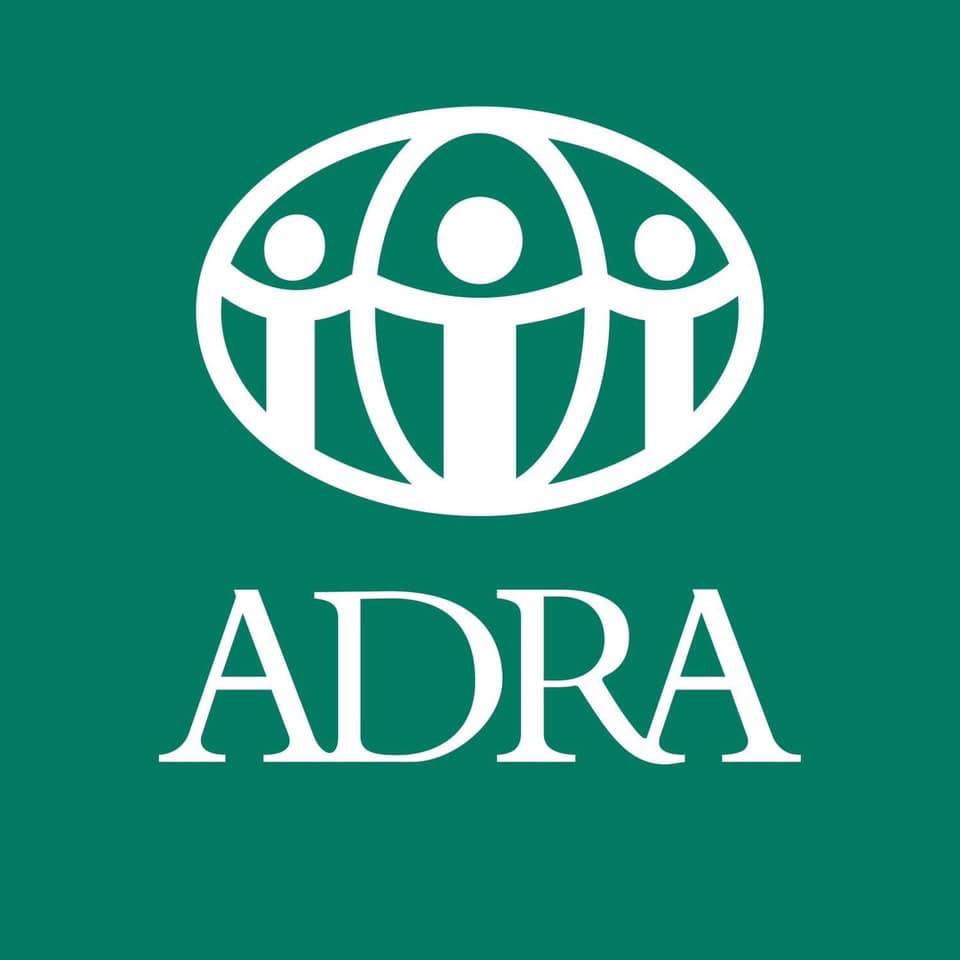Beating an animal with a whip is a clear-cut case of animal cruelty. If someone stood in the street and hit a dog with a stick, bystanders would intervene to stop the assault. The RSPCA and maybe even the police would be called to deal with the attacker. There is no reason hitting horses should be treated any differently.
“The use of whips in horse racing is arguably the most visible form of violence to animals,” according to Dr Paul McGreevey, Professor of Animal Behaviour and Animal Welfare Science at the University of Sydney.
Whips have the potential to cause localised trauma and tissue damage to horses. What’s more, the last 100 metres of a race – when horses can be whipped an unlimited number of times – is exactly the time when horses are more fatigued and have less capacity to respond.
The racing industry has long defended the use of whips as a way to make racing fairer and safer. But researchers have even proved that this is not true.
A world-first study undertaken by the University of Sydney shows that whipping horses does not improve their chances of winning races. The peer-reviewed research compared 126 “whipping- permitted” and “whipping-free” races in the UK and found no difference in movement on course, interference on course, incidents related to jockey behaviour, or race finishing times.
The racing industry has long argued that whips are necessary as a safety aid because they can help a jockey with steering. There is also a belief – both in the racing community and among punters – that they make horses run faster. But, until now, no one’s actually tested these things.
This research has now provided conclusive evidence to show there is no reason for jockeys to use whips on horses.
Even some within the racing industry have recognised that whipping horses is no longer acceptable.
Racing Victoria has said “the current national whip rules are no longer appropriate and not in the best interests of … Australian racing, both now and in the long-term”. It has acknowledged that racing in Australia is lagging behind international standards and recognises that this risks alienating its audience.
It has called for whips to be phased out and is seeking the national introduction of new rules that would limit the number of times a rider was allowed to whip their horse per race. This proposed reform would bring Australia into line with the United Kingdom, Ireland, Germany, France and parts of the United States.
TasRacing has acknowledged that it is important animal welfare measures in racing meet community expectations. However, it has been reluctant to join the national discussion about limiting the use of whips.
That’s not good enough.
It’s a crime under Tasmania’s animal welfare laws to beat an animal, and it’s a crime to cause an animal unreasonable and unjustifiable pain or suffering. There’s no loophole that exempts people hitting racehorses.
That’s why the RSPCA has long called for the racing industry in Tasmania to support the phasing out of whips in horse racing.
PETA Australia (People for the Ethical Treatment of Animals) has escalated the argument by recently filing criminal charges in Tasmania alleging that the practice of whipping horses at racetracks violates the state’s animal welfare laws.
There is no excuse for this dangerous and cruel behaviour. The use of whips in Australian horse racing has been proven by scientists to be not only ineffectual but harmful.
It is time for this cruel practice to end.
MEDIA CONTACT
Jan Davis, CEO – RSPCA Tasmania
Mobile: 0409 004 228
Email: jdavis@rspcatas.org.au
























